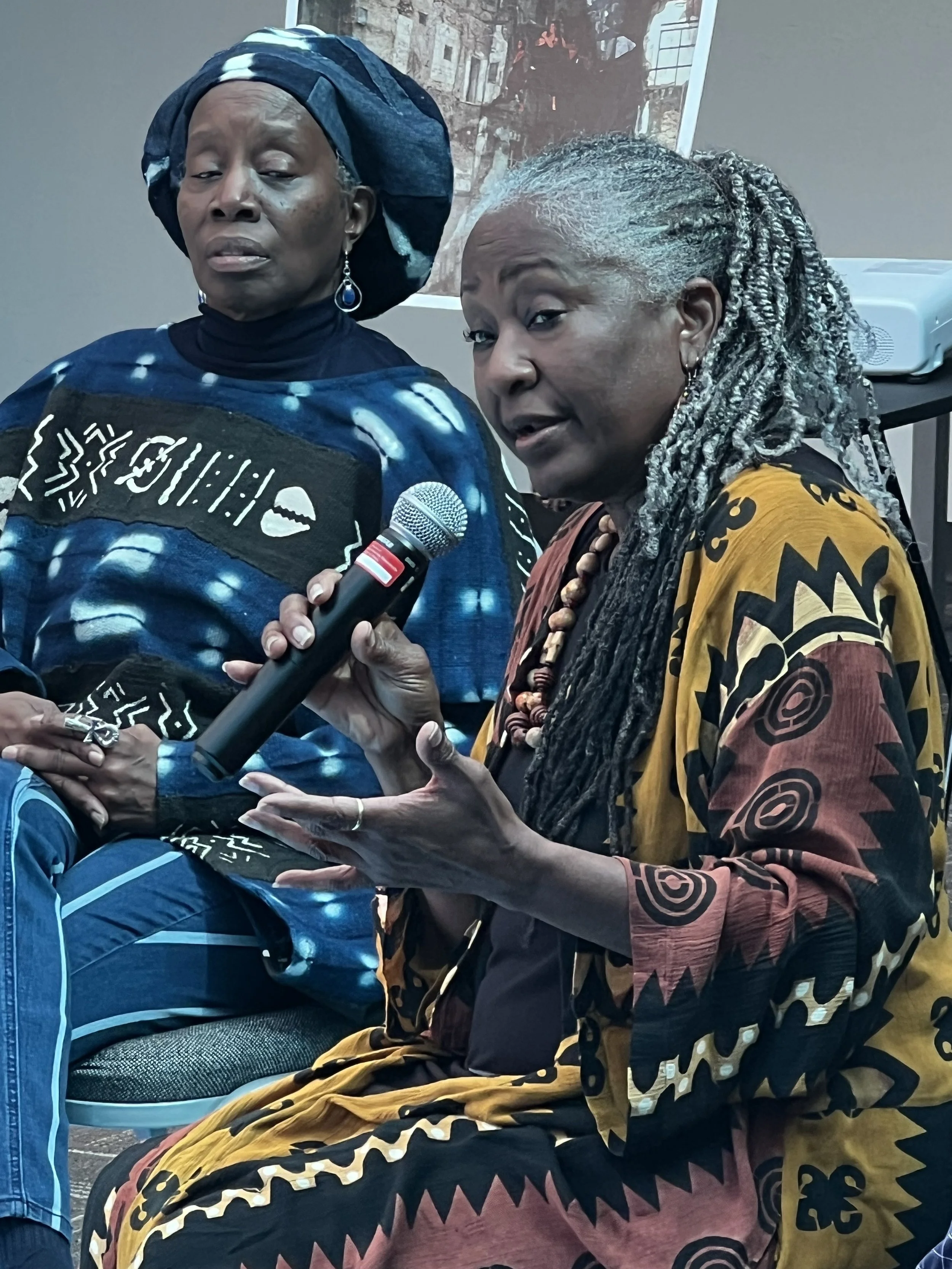The Fuller Dome as Extension of Your Classroom:
Panel discussion on the philosophy and practice of Katherine Dunham in the Fuller Dome 2025
Philosophy - Fuller's ideas and approach offer a framework for engaging with philosophical questions through tangible action and real-world problem-solving. He provides a compelling example of how philosophical thinking can be translated into concrete efforts to improve the world for all.
Fuller became a "practical philosopher" by using inventions to demonstrate universal concepts and solve global challenges like education, energy, environmental destruction, and poverty.
His "Spaceship Earth" concept emphasizes the planet's finite resources and the interconnectedness of all humanity. It contributes to philosophical considerations of global citizenship, environmental ethics, and the need for international cooperation.
He believed that by embracing innovation, sustainable practices, and global cooperation, humanity could avoid "oblivion" and create a future of "extraordinary new freedom" in harmony with the universe. His legacy inspires us to be architects of the future, not just its victims, by taking personal initiative to make a difference.
Fuller's utopian philosophy:
Meeting the Needs of 100% of Humanity: Fuller believed that through innovative design and efficient use of resources, humanity could overcome poverty and inequality, providing a high standard of living for everyone.
A Harmonious Relationship with Nature: His "Spaceship Earth" concept highlights the need for sustainable practices and a conscious stewardship of our planet's finite resources.
Technological Advancement for the Greater Good: Fuller saw technology, like his geodesic dome, as a tool to enhance human lives and promote sustainability.
Global Cooperation and Understanding: His "World Game" emphasized collaborative problem-solving, with people working together for the collective benefit of humanity,.
Empowering Individuals as Problem-Solvers: Fuller believed that individuals, through education and initiative, could actively contribute to building a better future.
Fuller's utopian vision is a call for a paradigm shift:
From Competition to Cooperation: Shifting focus from individual gain to collective well-being, fostering a sense of shared responsibility for the planet.
From Scarcity to Abundance: Recognizing the potential for technology to generate enough resources to satisfy everyone's needs, overcoming limiting beliefs of scarcity.
From Reductionism to Comprehensiveness: Encouraging a holistic understanding of interconnectedness and designing solutions that address complex problems systemically.

